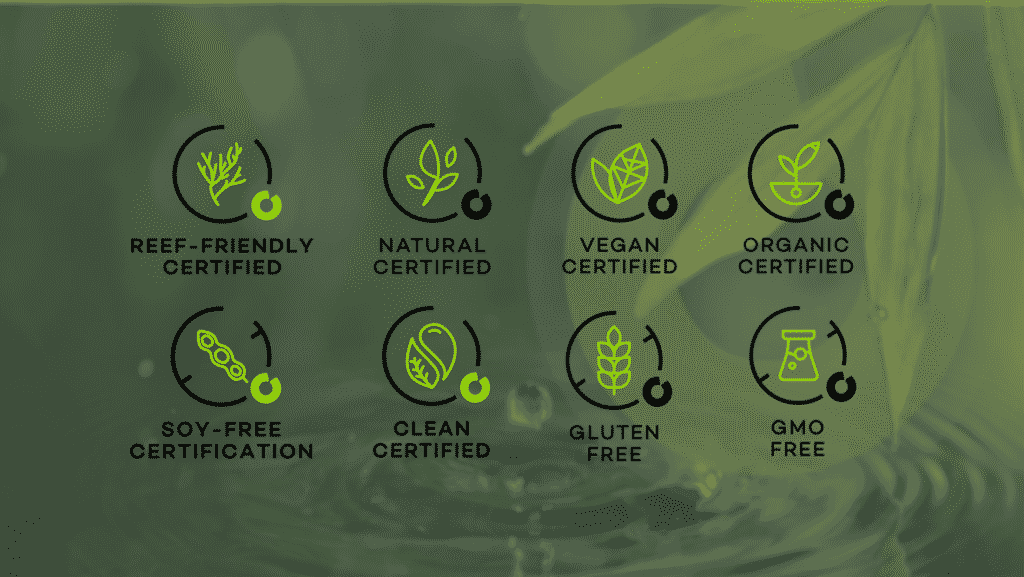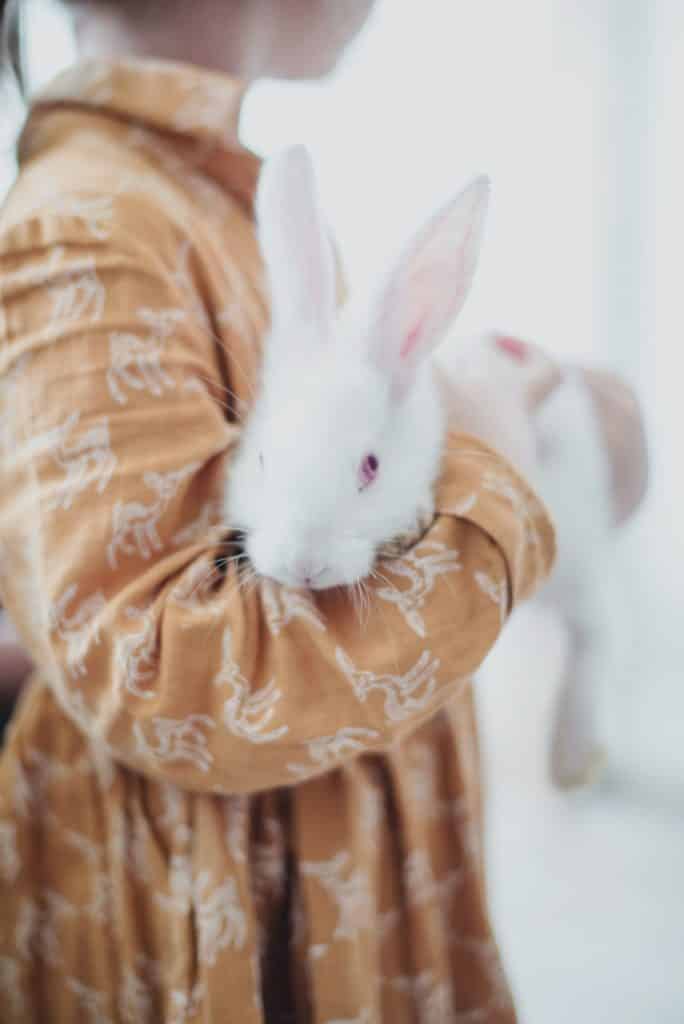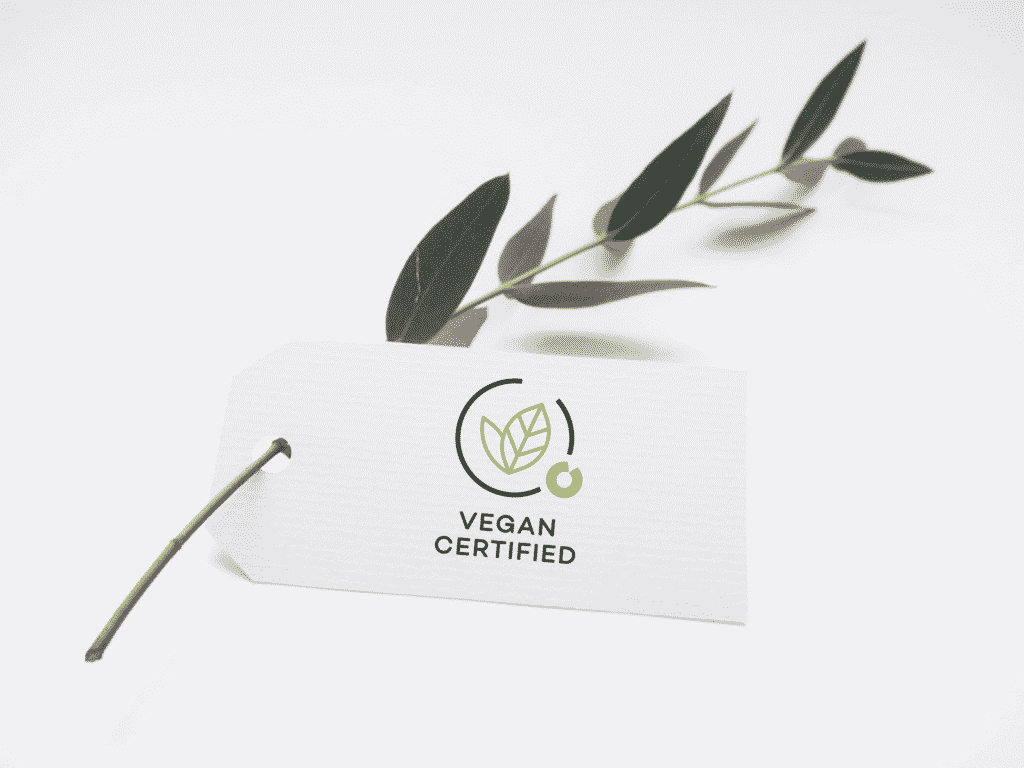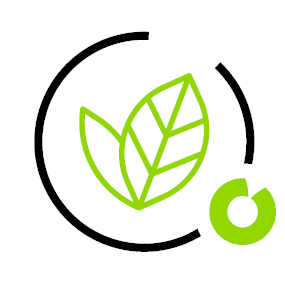
Obtaining Biorius’ Vegan certification is easy: contact us, meet the standards and you will receive our logo and certificate!
Introduction
How many times have we been tempted by carmine-red lipstick or donkey milk soap? Without mentioning all the skincare or hair beauty products including collagen, glycerine, squalene, and keratin… and lipsticks with beeswax? Some people may not be aware that these products can’t be considered vegan. All the cosmetics that I have listed above contain, at least, one ingredient of animal origin.
However, I would like to point out that a product with ingredients of animal origin, or derived from animals, doesn’t mean that it’s not a “cruelty-free” product (be careful with this claim, for more information please check out the Vegan Certification webpage at the following link). In CHAPTER V entitled ANIMAL TESTING – Article 18 concerning Animal Testing of the European Cosmetics Regulation EC No. 1223/2009, it’s well stated that animal testing on cosmetics products was banned in 2004 and 2009 and on cosmetics ingredients in 2013.
Animal testing on cosmetics products are banned in the EU and UK. What about the rest of the world?
In Europe and the UK, testing cosmetic products and/or ingredients on animals is therefore illegal. As for the rest of the world, many countries, including Mexico, Russia, Canada, Japan, and South Africa, are in the process of gradually banning animal testing. When it comes to China, the situation is more complex: in May 2021, it was announced that mandatory animal testing for imported “general cosmetics”, such as shampoos, body wash and makeup, would come to an end. Previously, China required animal testing for all cosmetics by law. Sounds like a step in the right direction towards Vegan Beauty, what do you think?

Vegan Beauty trend
Data from Google Trends shows us that interest in Vegan Beauty has been growing by leaps and bounds in recent years. Between 2014 and 2019, the global increase was 175%.
Despite this boom in sales of vegan beauty products, we still have a long way to go in terms of ethics. This is another reason why the average consumer, who isn’t prone to technicalities, the INCI (International Nomenclature of Cosmetic Ingredients) list and the various (sometimes misleading) claims, can easily get confused when making a choice.
Why the Vegan Certification is so important for your products?
As I said at the beginning of the article, ingredients derived from animals often hide behind unknown or difficult to understand names, which is why Vegan Certification is so important. Vegan Certification allows the customer, thanks to the vegan logo and claim, clearly displayed on the labels, to understand at a first glance that your product:
- Doesn’t contain any animal or animal-derived ingredients;
- No animal testing on the ingredients or the finished product has been carried out;
- Doesn’t contain any Genetically Modified Organisms with animal genes or substances derived from animals;
- Complies with kitchen and hygiene standards.
These are the standards and requirements for the Vegan Certification proposed by Biorius.
The communication is transparent and allows your customers to make informed choices when it comes to buying vegan cosmetics and beauty products certified by an independent, honest, and competent third party, like Biorius. Furthermore, the vegan claim and our logo can be displayed on your labels, and you could also dedicate a page on your website clearly explaining the meaning and requirements of the Vegan Certification.

If you’re interested in obtaining our Vegan Certification, please don’t hesitate to contact me:

Valeria Secco
Business Development Representative


